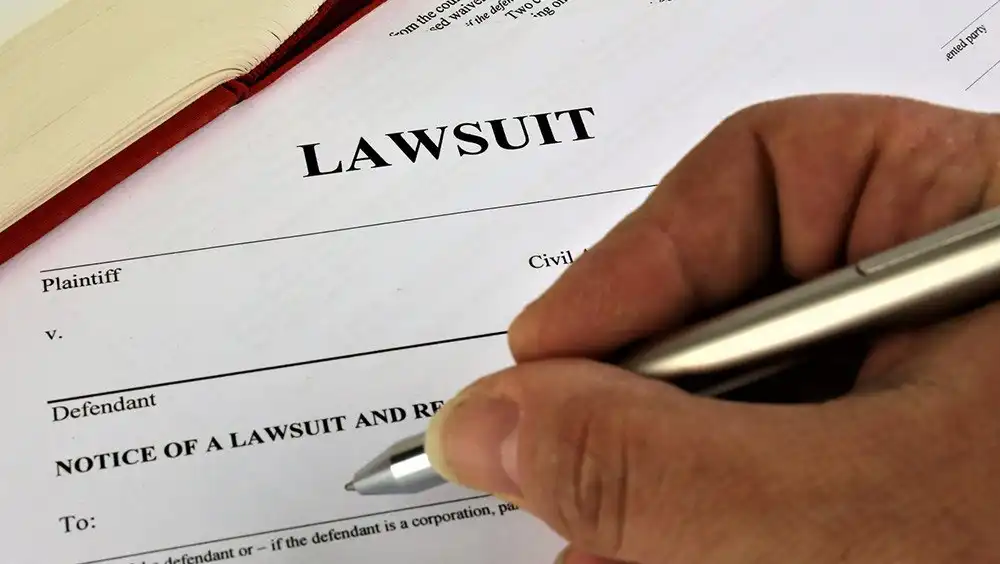When we think of celebrities, we often imagine glitz, glamor, and a life of privilege. But fame doesn’t protect anyone from emotional pain—and when the distress goes too far, even the rich and famous may turn to the courts. So the big question is: Can celebrities actually sue for emotional distress? The short answer is yes—but like most things in the legal world, it depends on the circumstances.
Let’s break down how emotional distress claims work, especially when public figures are involved.
What Is Emotional Distress in Legal Terms?
Emotional distress refers to mental suffering caused by someone else’s actions. In civil law, it falls under tort law and is typically categorized as either:
-
Intentional Infliction of Emotional Distress (IIED) – where someone deliberately causes emotional harm, or
-
Negligent Infliction of Emotional Distress (NIED) – where someone’s carelessness results in emotional trauma.
Examples might include threats, harassment, invasions of privacy, or witnessing a traumatic event caused by negligence.
Celebrities Face Unique Challenges
Unlike private individuals, celebrities often face intense public scrutiny, online harassment, paparazzi invasions, and media exploitation. But just being famous doesn’t automatically mean they can successfully sue for emotional harm.
Courts apply a higher standard for public figures, based on First Amendment protections and the idea that celebrities “assume the risk” of public attention.
To succeed, a celebrity usually has to prove that:
-
The conduct was outrageous and extreme,
-
It was targeted and not just incidental media coverage, and
-
The harm caused was serious and medically documented.
High-Profile Cases That Made Headlines
Several celebrities have taken emotional distress claims to court—with mixed results:
-
Britney Spears once cited emotional distress during conservatorship battles, shining a light on mental health and control in the entertainment industry.
-
Meghan Markle sued a British tabloid for publishing a private letter, combining emotional distress with invasion of privacy.
-
Alec Baldwin faced countersuits from family members of a fallen Marine, who accused him of causing distress through online posts.
These cases reveal that while emotional distress is difficult to prove, it’s not impossible—especially when conduct is malicious, reckless, or deeply invasive.
Common Legal Grounds for Celebrity Claims
Celebrities may claim emotional distress in connection with:
-
Defamation and false accusations
-
Stalker or harassment situations
-
Online bullying or doxxing
-
Unlawful use of private information or images
-
Traumatic events caused by negligent security, on-set incidents, or personal injuries
In many of these scenarios, emotional distress is included as part of a larger lawsuit—not always filed on its own.
The Role of Evidence
As with any civil claim, evidence matters. Celebrities (and their legal teams) must show that the distress was:
-
Severe and prolonged
-
Documented by mental health professionals
-
Linked directly to the defendant’s conduct
Personal journals, therapist records, witness accounts, and digital communication are often used to build the case.
Can Emotional Distress Be Settled Privately?
Yes. In fact, many emotional distress claims—especially those involving powerful studios, networks, or media companies—are settled out of court. This avoids negative press and allows both sides to move on quietly. Settlements may include nondisclosure agreements, monetary compensation, or contract revisions.
Final Thoughts: Suing for Stress in the Spotlight
While fame might shield celebrities from many everyday problems, emotional distress is a human experience—and no amount of red carpet appearances can fully protect against it. The legal system does offer a path for justice, but it requires careful legal framing, strong evidence, and a story that resonates with both the court and the public.
At InjuredCelebs.com, we uncover how emotional distress lawsuits unfold when celebrities take their pain from the headlines to the courtroom.

